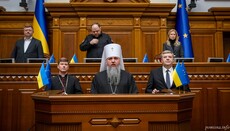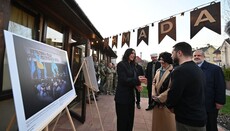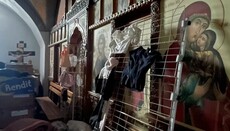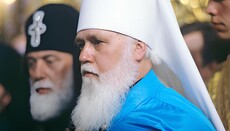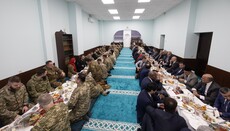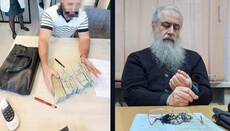What the Bulgarian Church's website says
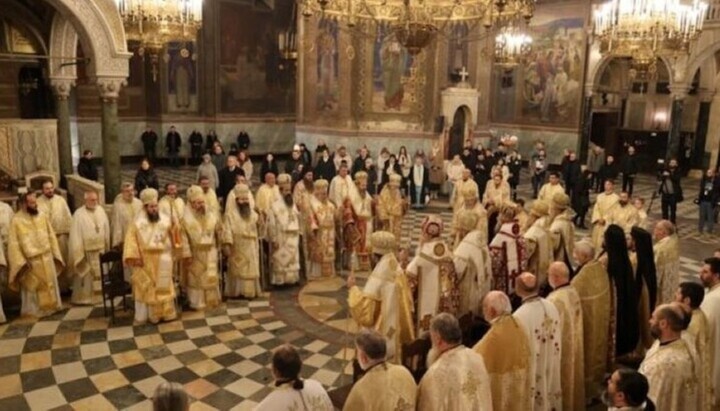
In connection with the election of the new Patriarch of the Bulgarian Orthodox Church, some interesting changes have been observed on the official website.
Firstly, immediately after the election of Metropolitan Daniel of Vidin as the Bulgarian Patriarch, a congratulatory message from the head of the OCU, Serhiy Dumenko (also known as Epifaniy), appeared on the website. It was apparent from the text that this congratulation was originally written for another candidate, the one loyal to the Phanar and more inclined to recognize the OCU. Mr. Dumenko had certain hopes that with the arrival of such a Phanar-conscious Patriarch, his structure might receive recognition from the Bulgarian Church – if not full and official, then at least in the form of "concelebration". After all, we remember about the "concelebration" of some Bulgarian hierarchs on the eve of the Patriarchal elections in Bulgaria.
It is likely that the congratulation from Dumenko to the new Patriarch Daniel, who has repeatedly expressed support for the UOC as the only canonical Church in Ukraine, was sent out of inertia. The editors of the BOC website also posted this congratulation out of inertia. However, it soon disappeared from the site. This indicates that if there was any uncertainty among the staff of the Bulgarian Patriarchate regarding the recognition/non-recognition of the OCU, it no longer exists. The BOC recognizes only the UOC. This seems to be a jab at the Phanar.
Secondly, if previously the BOC website referred to the UOC with the suffix (MP), emphasizing that the BOC considers the UOC a part of the Russian Orthodox Church, this suffix has now been removed. In the congratulatory message to Patriarch Daniel from Metropolitan Onufriy of Kyiv, the suffix is absent. The UOC is mentioned among other Local Churches that sent their congratulations to the new Patriarch. Many consider Patriarch Daniel "pro-Russian". But what kind of "pro-Russian" Patriarch removes the MP suffix from the UOC? This seems to be a jab at the ROC.
Taken together, these circumstances suggest that Patriarch Daniel is guided not by political considerations but by the sacred canons of the Church. He does not allow himself to be trapped in a dichotomy: if you are for the ROC, you are against the Phanar and vice versa. For him, it is more important that the OCU lacks canonical episcopal consecrations than the fact that Serhiy Dumenko is supported by Ukrainian authorities and Phanariot actors. Regarding the independence and autonomy of the UOC, the conciliar opinion of the UOC is more important to him than its criticism by representatives of the ROC. We hope that the election of the new Bulgarian Patriarch will be a step towards uniting the Church around the Gospel and sacred canons.
